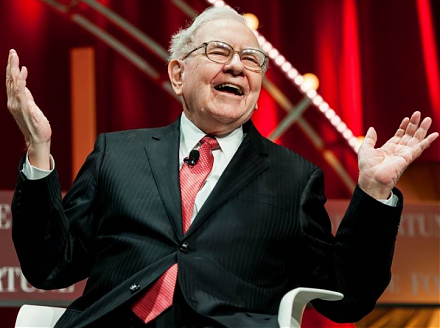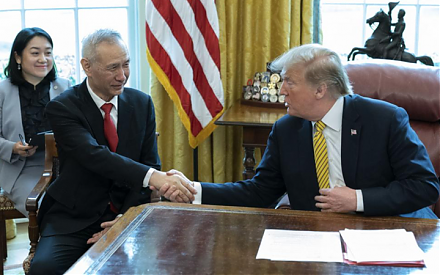

2019-09-05 09:26:00 Thu ET
technology antitrust competition bilateral trade free trade fair trade trade agreement trade surplus trade deficit multilateralism neoliberalism world trade organization regulation public utility current account compliance
Yale macro economist Stephen Roach draws 3 major conclusions with respect to the Chinese long-run view of the current tech trade conflict with America. First, the Chinese Xi administration would never lose legitimacy due to subpar 5.5%-to-6.3% real GDP economic growth. China retains more fiscal and monetary policy levers than global growth headwinds. Second, Chinese hawkish hardliners remain patient and methodical when they deal with external wildcards. These external wildcards include U.S. partisanship and economic policy uncertainty, Brexit trade and capital exodus, and diplomatic outrage in the South China Sea.
Third, the 5G tech titan HuaWei is a big deal and national champion for China. As China seeks to trudge on the long march toward tech supremacy, U.S. tech trade strategists should consider alternative approaches instead of the current legalistic approach to Sino-U.S. trade conflict resolution. It would be a symbolic loss of state dignity and sovereignty for China to agree to signing into law U.S. trade terms and conditions on intellectual property protection and enforcement. Alternatively, U.S. trade reps should focus on direct dispute negotiations between U.S. and Chinese tech corporations through the extant inland and international arbitration tribunals. This alternative mechanism may nevertheless favor domestic firms in China.
If any of our AYA Analytica financial health memos (FHM), blog posts, ebooks, newsletters, and notifications etc, or any other form of online content curation, involves potential copyright concerns, please feel free to contact us at service@ayafintech.network so that we can remove relevant content in response to any such request within a reasonable time frame.
2019-08-30 11:35:00 Friday ET

The conventional wisdom suggests that chameleons change their skin coloration to camouflage their presence for survival through Darwinian biological evoluti
2020-09-11 10:22:00 Friday ET

AYA fintech network platform provides proprietary alpha stock signals and personal finance tools. In recent times, we have completed our fresh website up
2018-11-27 10:37:00 Tuesday ET

Warren Buffett offloads a few stocks from the Berkshire Hathaway portfolio in mid-November 2018. The latest S.E.C. report shows that the Oracle of Omaha sol
2019-11-03 12:30:00 Sunday ET

Chinese trade delegation offers to boost purchases of U.S. agricultural products to reach an interim trade deal with the Trump administration. Chinese Vice
2025-10-05 17:31:00 Sunday ET

Stock Synopsis: With a new Python program, we use, adapt, apply, and leverage each of the mainstream Gemini Gen AI models to conduct this comprehensive fund
2023-05-07 10:27:00 Sunday ET

William Easterly critiques several economic development policies and then indicates that bottom-up solutions often result in macro policy success in spite o